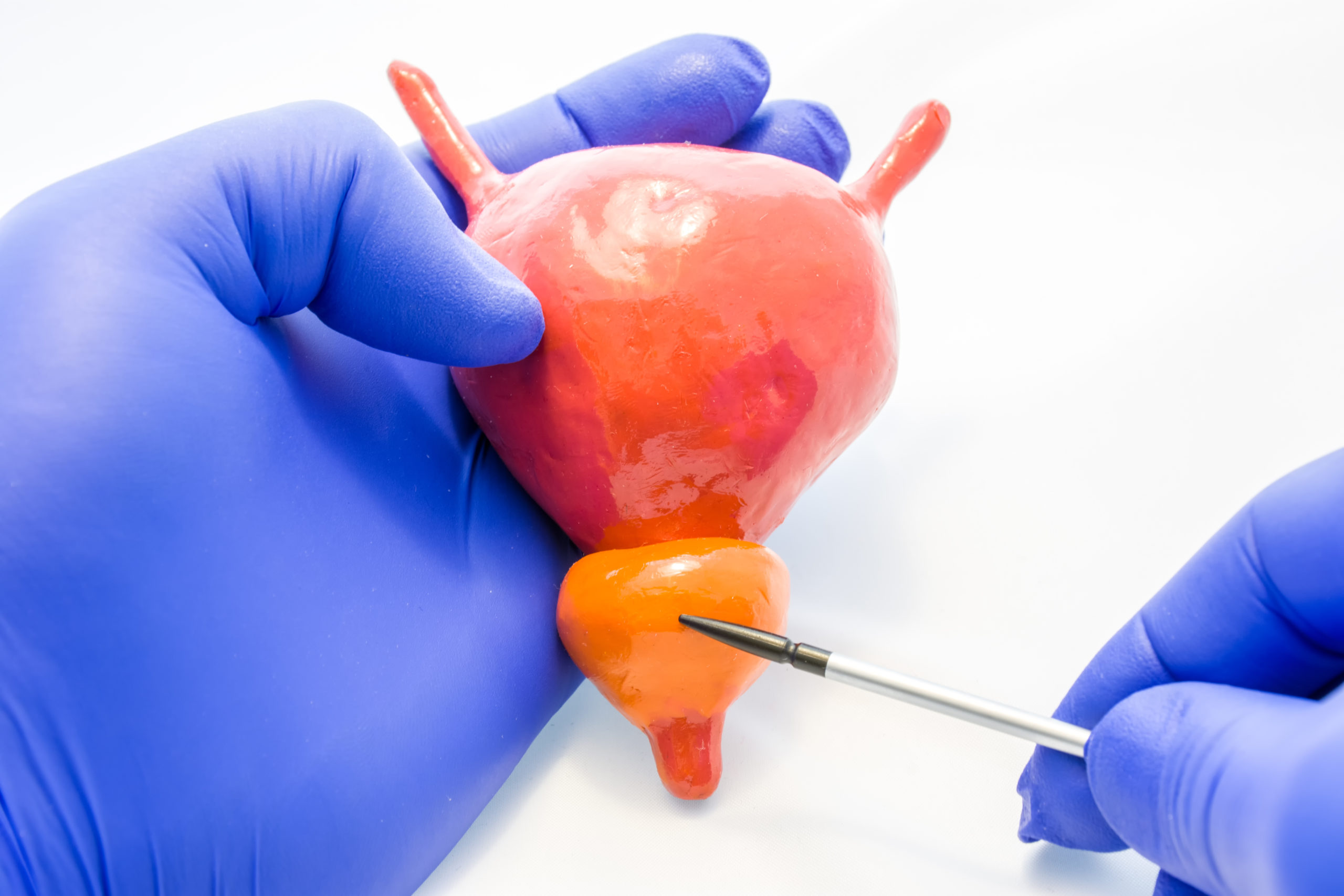Urological surgery is a medical specialty aimed at treating health problems related to the urinary tract in men and women. Furthermore, it is also the part of medicine that takes care of the male reproductive system such as the testicles, prostate and penis.
The kidney stone is a solid mass formed by small crystals, which can be found both in the kidneys and in any other organ of the urinary tract. Kidney stones are popularly known as kidney stones.

Cystoscopy is an endoscope examination of the lower urinary tract. Also called urethrocystoscopy, it allows optical visualization of the urethral and bladder segments. The instrument used for its realization is the cystoscope, which can be semi-rigid or flexible. The procedure can be performed under local topical anesthesia or even under general anesthesia, depending on the circumstances. It is a complementary outpatient examination, not requiring hospitalization, in most cases.

Phimosis surgery, known as postectomy, is when the penis finds itself with excess skin that ends up interfering with intimate hygiene and also sexual performance, it is necessary to do the phimosis surgery. It should be carried out after other treatments have been used and it has had no effect.

It is the involuntary loss of urine through the urethra. The disorder is more frequent in females and can manifest itself in the fifth or sixth decade of life as well as in younger women. This prevalence is attributed to the fact that, in addition to the urethra, women present two natural flaws in the pelvic floor: the vaginal hiatus and the rectal hiatus. This makes the muscle structures that support the pelvic organs and produce contraction of the urethra to prevent urinary loss, and the muscle that forms a small ring around the urethra, more fragile in women. With advanced technology for chronic pain treatment, with modern and technological advances, promoting a better quality of life for the patient.

The prostate is a male reproductive gland that produces the fluid that carries sperm, located at the base of the bladder. It surrounds the urethra, the final urine excretion tube, which passes through it. The prostate grows a lot with age, reaching several times its initial size. This growth often causes urinary problems for the elderly. When this gland just grows and does not mutate in its cells, it is called benign prostatic hyperplasia. If the prostate grows outward, without compressing the urethra, it does not generate symptoms. The gland also grows in prostate cancer, but in these cases nodules form that can be noticed by the urologist through a digital rectal examination. The incidence of prostate cancer greatly increases with age.
